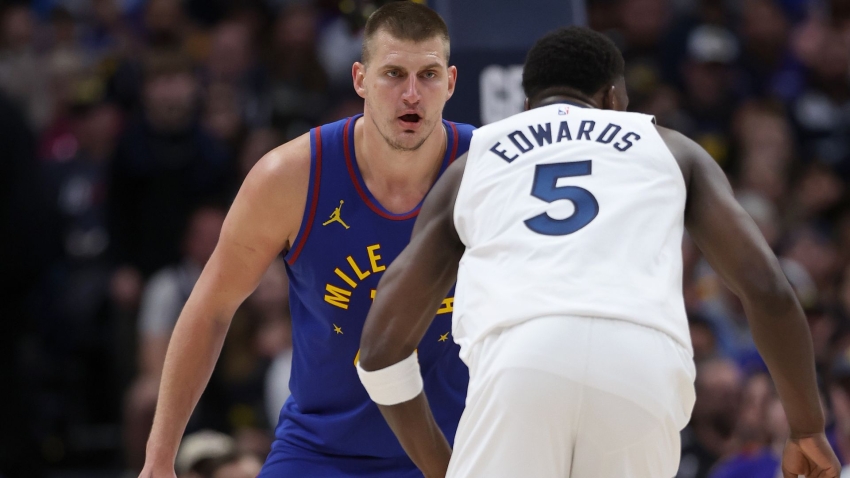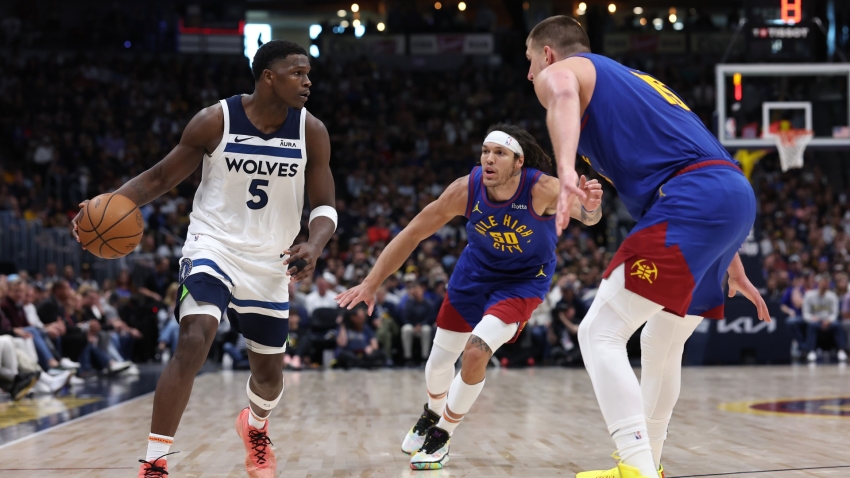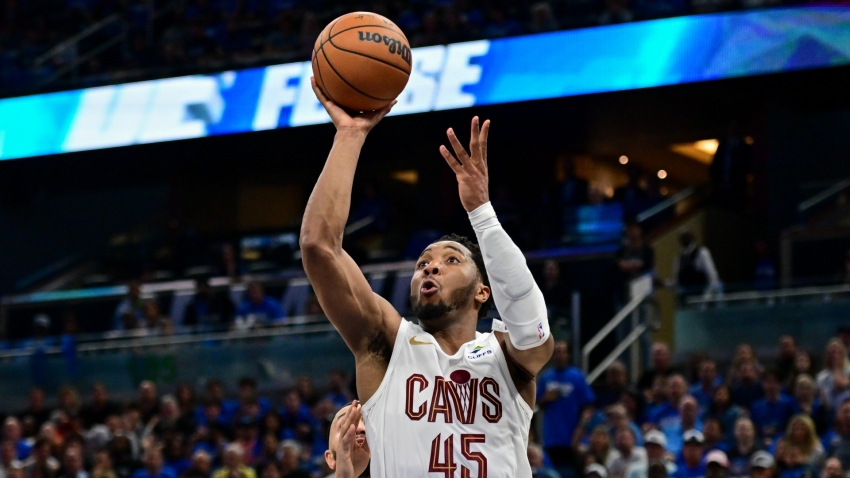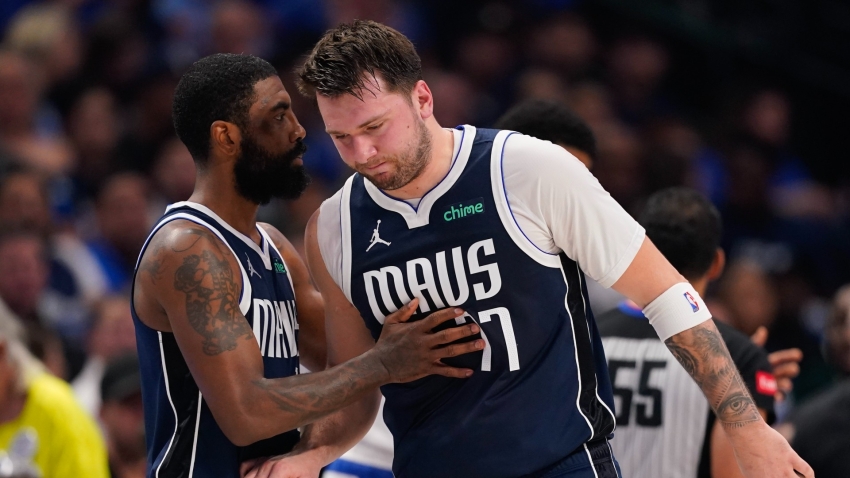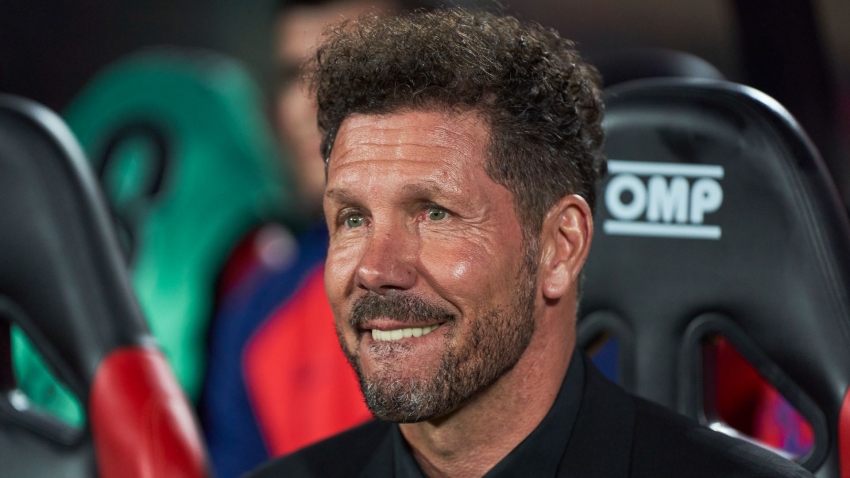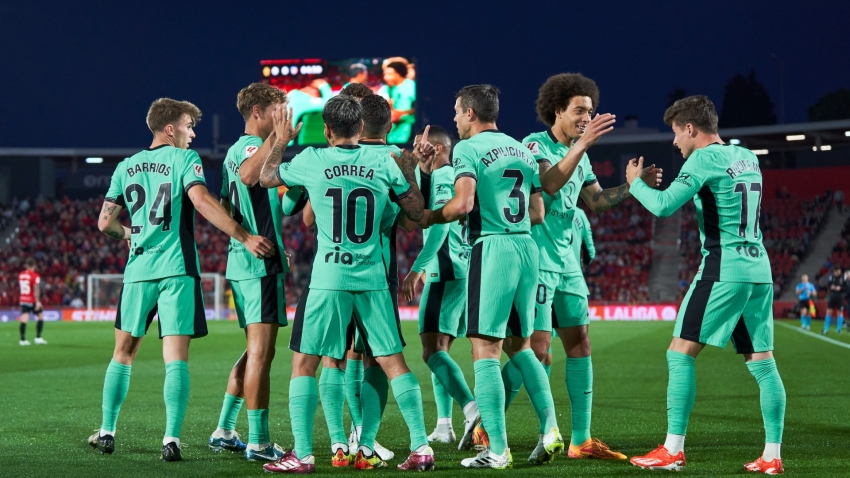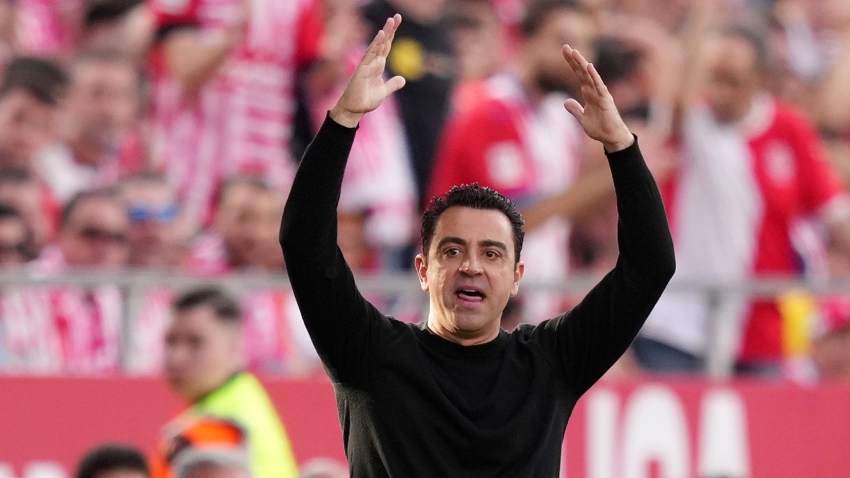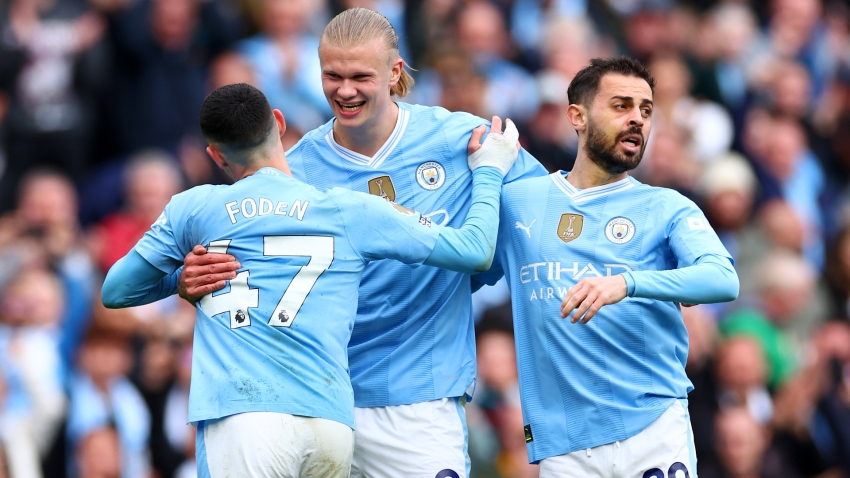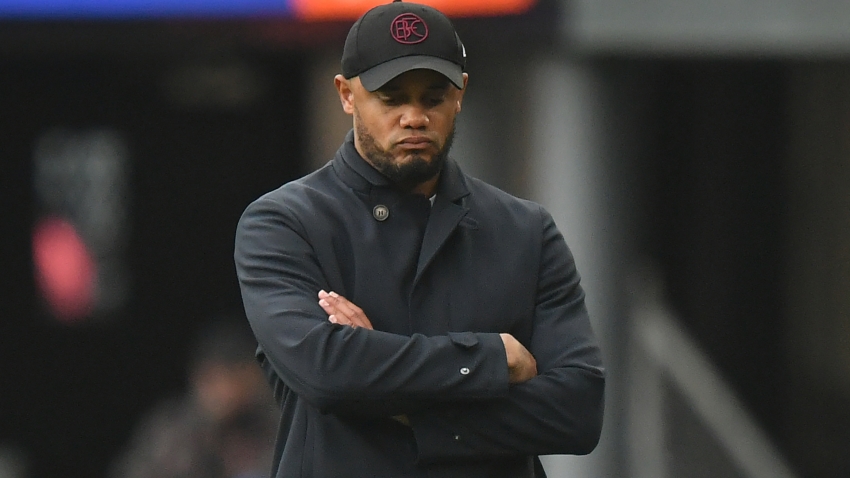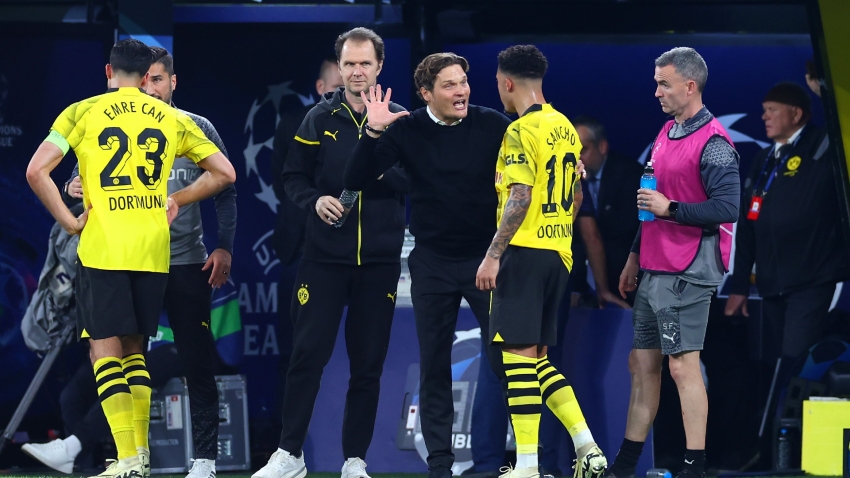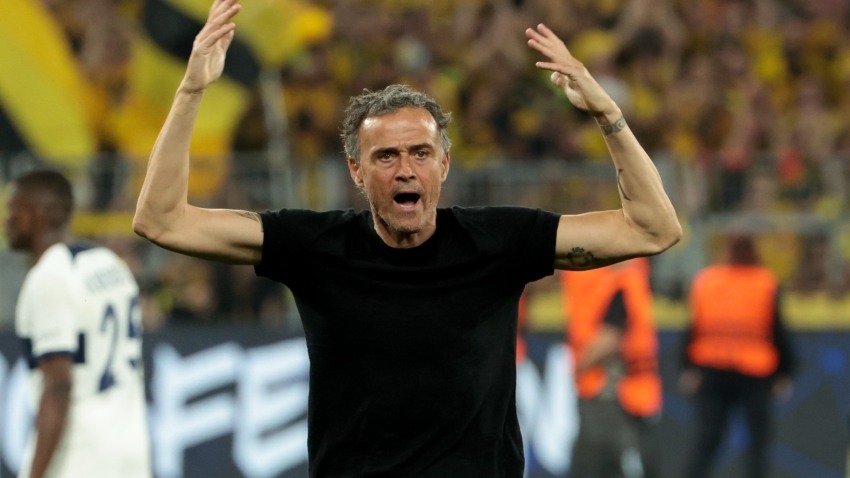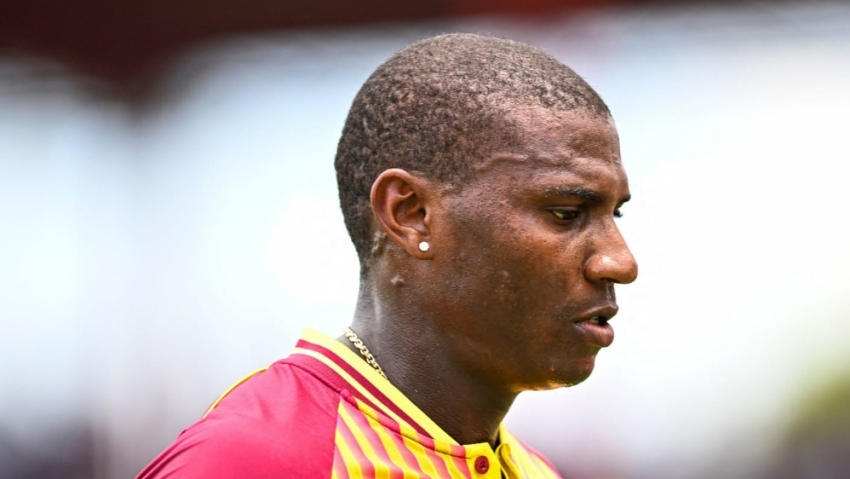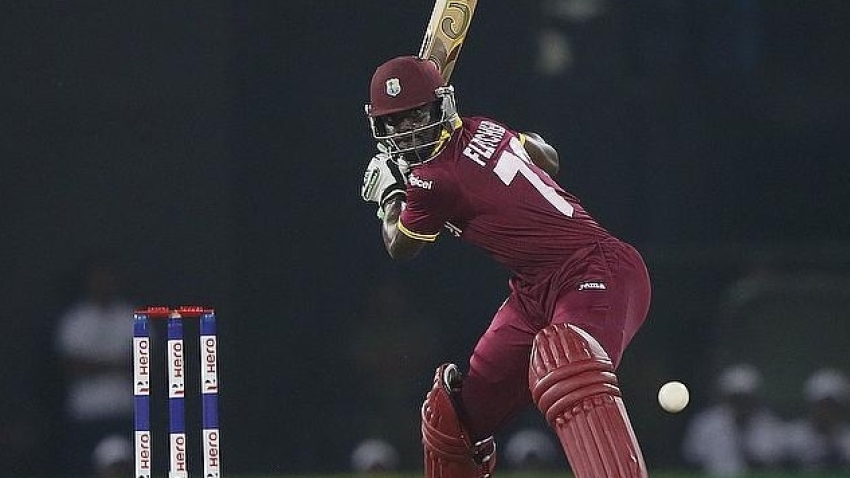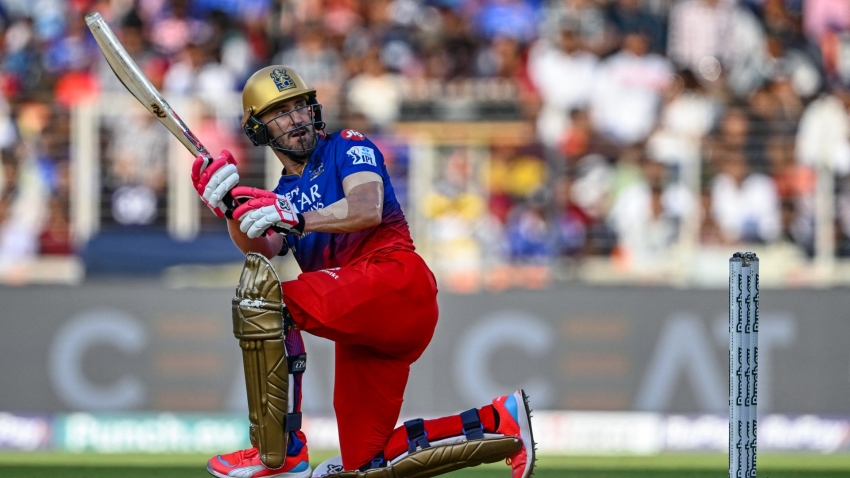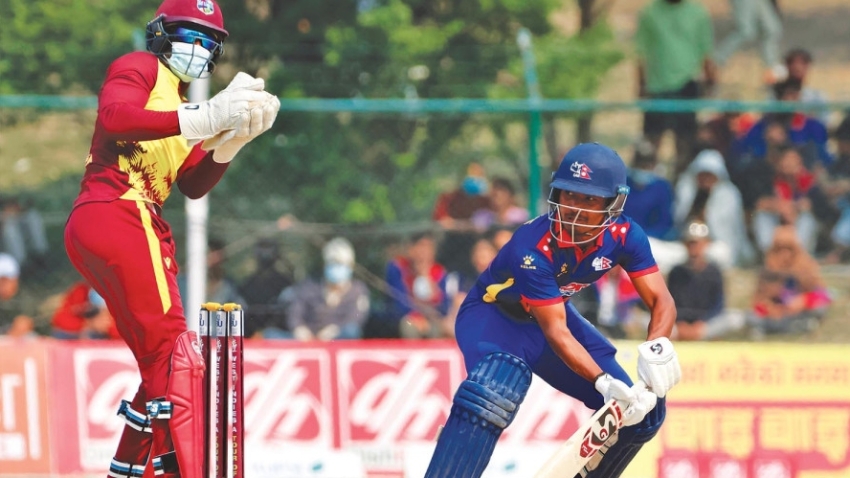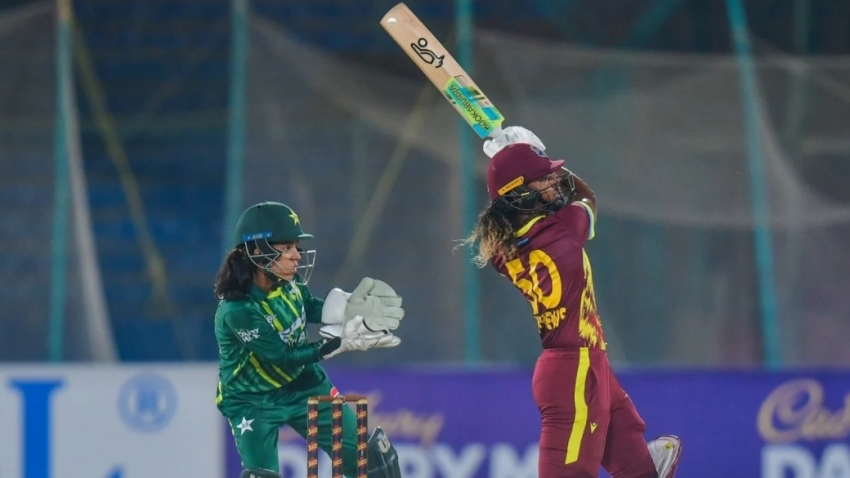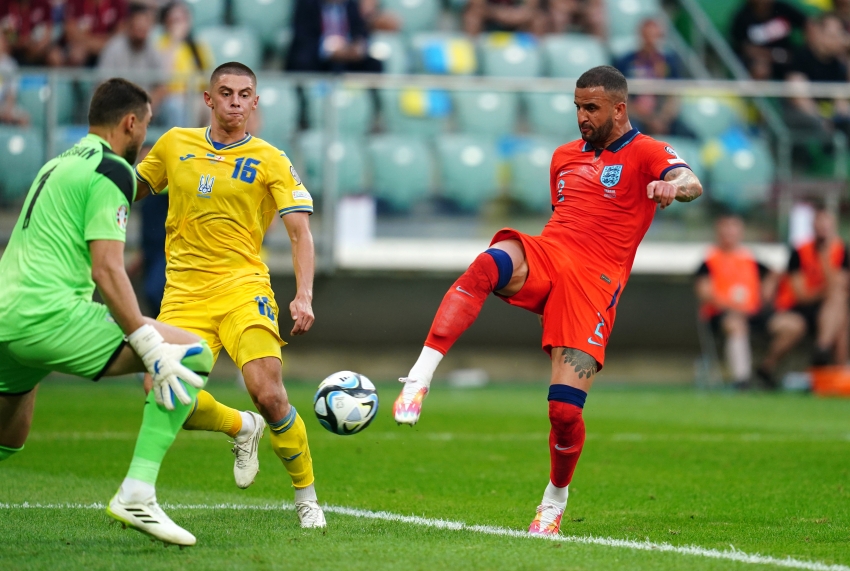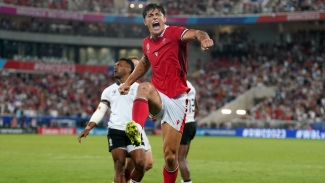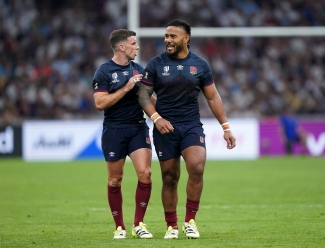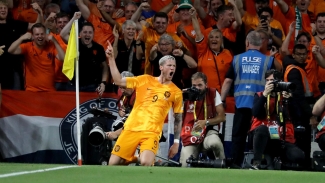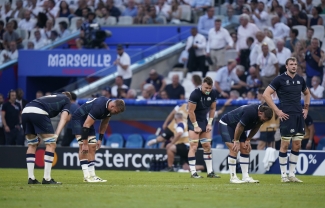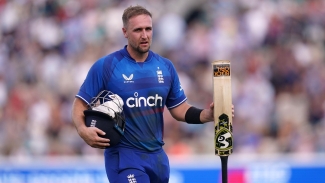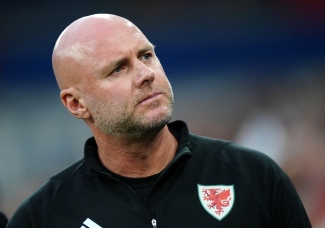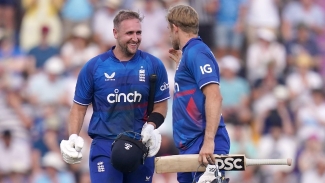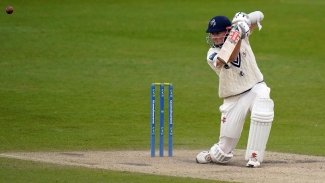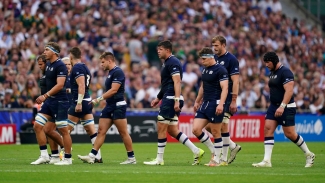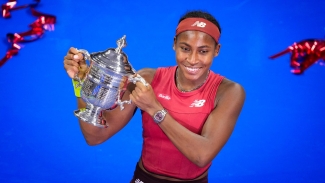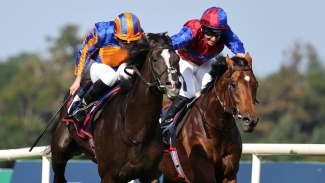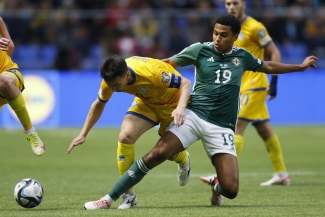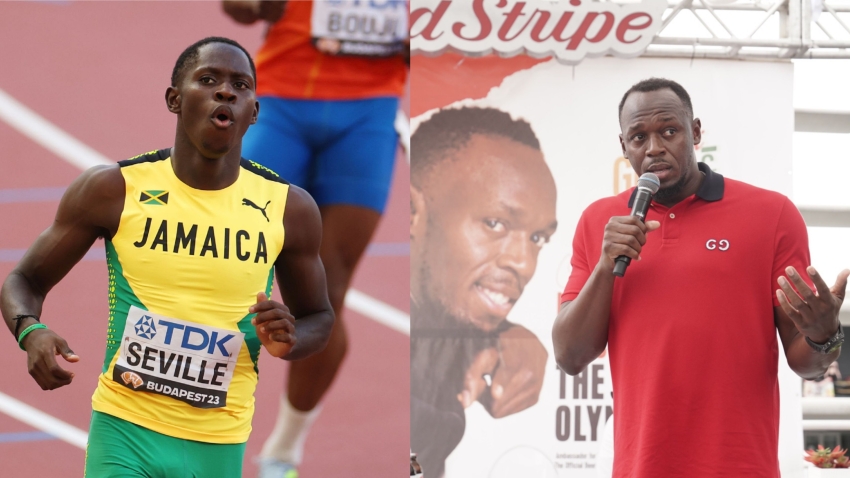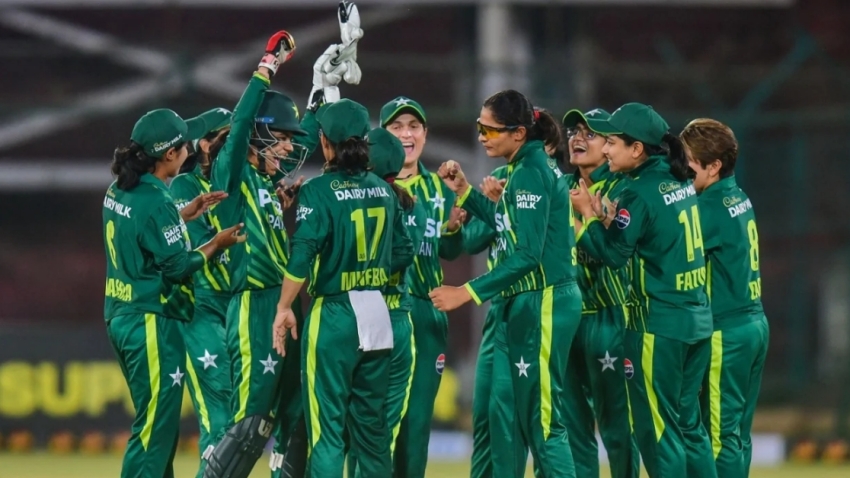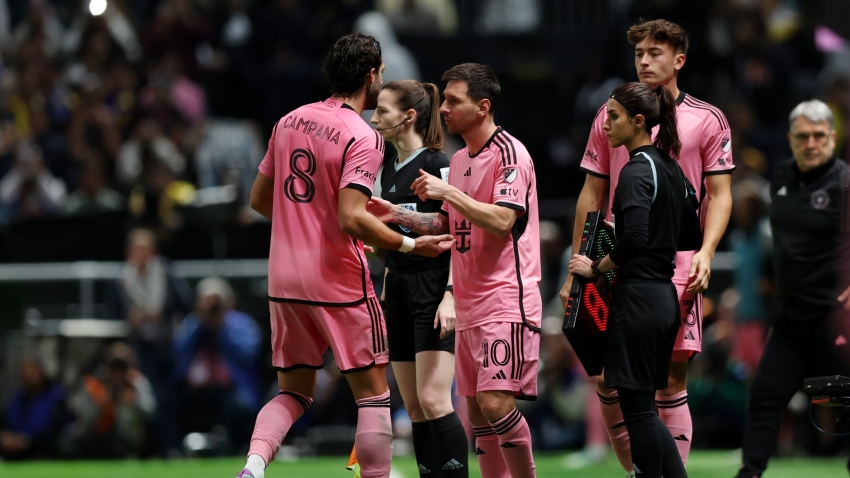Liam Livingstone’s counter-attacking 95 not out from 78 balls helped England battle back to beat New Zealand and level their ODI series at the Ageas Bowl.
England were reeling on eight for three after Trent Boult expertly exploited bowler-friendly conditions early on, while the hosts lurched to 55 for five before being bailed out by Livingstone and Sam Curran.
The pair put on 112 for the seventh wicket in 77 balls, the cornerstone of England’s 226 for seven in a 34-over contest, enough to secure a 79-run win as Reece Topley and David Willey took three wickets each.
After being blown away in Cardiff on Friday, this was an impressive response from England, especially after losing Jonny Bairstow, Joe Root and Ben Stokes within the space of eight deliveries from Boult after they were asked to bat first in overcast conditions.
Livingstone, who registered his first fifty of the summer in the Welsh capital, was fluent all around the ground at Southampton while Sam Curran, with 42 off 35 balls, proved a capable foil.
Despite being without Adil Rashid because of mild calf tightness – with three and a half weeks until the start of their World Cup campaign in India, England insisted his absence was precautionary – Jos Buttler’s side showed more of a cutting edge with the ball than they had done in the series opener.
After rain led to a three-hour delay and a shortened contest, Boult wreaked havoc in his first ODI in a year in an opening spell of 3-1-3-3, first squaring up Bairstow, whose leading edge on another day might have landed safely but on this occasion was superbly plucked one-handed out the air by Mitchell Santner.
Root was beaten by a fuller inswinging delivery two balls later and given lbw, wisely declining a review as the Yorkshireman trudged off for his fourth duck in his last 10 ODIs, while Boult followed up a double wicket maiden by snaring an advancing Stokes, who clothed the left-armer to mid-off.
Buttler briefly rallied, offsetting Boult’s rhythm with three fours of varying quality down the ground in an over yielding 15, but England’s early luck was encapsulated by their captain dragging a Santner long hop on to his leg stump for 30 off 25 balls. Santner clenched his teeth at his fortune.
England were in a tailspin after 12.1 overs as Livingstone joined Moeen Ali, who drove lustily in a 48-run rebuilding job before expertly slog sweeping Rachin Ravindra for the first six.
Moeen departed for 33, the ball after taking England to 100, slashing ungainly at Tim Southee as Glenn Phillips took a fine grab.
Livingstone enjoyed facing up to Southee, with six of his nine fours coming off the seamer, including three in an over – two through power and one via careful placement.
Curran proved a more than handy ally, heaving spin duo Ravindra and Santner for sixes, while Livingstone, who got the benefit of the doubt after missing a big hit at Phillips as a review showed the ball would only have trimmed leg stump, rocked back and pulled mightily into the stands off Matt Henry.
Livingstone was unable to convert a fine innings into three figures, with Curran departing in the final over after lapping to short third to end their stand.
Willey struck with the second ball of New Zealand’s reply, snaking through the defences of Finn Allen and knocking back middle stump while Devon Conway, an unbeaten centurion in Cardiff, made a scratchy 14 before driving loosely and edging behind to give Gus Atkinson his maiden ODI wicket.
Mitchell overturned being given out on nought but Will Young was stopped on his tracks on 33 by Willey’s direct hit. Topley then followed up a parsimonious opening five-over spell by ending a 56-run union between Mitchell and New Zealand captain Tom Latham, who hung his bat out uncertainly and edged behind to Buttler.
Having claimed his first wicket in five ODIs, Topley swung the game in England’s favour in his next over by taking a return catch off Phillips before Ravindra wafted to slip two balls later. Topley finished with impressive figures of three for 27 in seven overs.
Mitchell, as he had done at Sophia Gardens in a brutal unbeaten hundred, bristled with intent and after going to 50 at just better than a run-a-ball, he launched Moeen back over his head for six.
However, he perished for 57 off 52 deliveries after clubbing a full toss to mid-off from the very next ball.
New Zealand’s hopes vanished with his departure and Willey claimed the last two wickets in quick succession as the tourists were all out for 147 in 26.5 overs.


